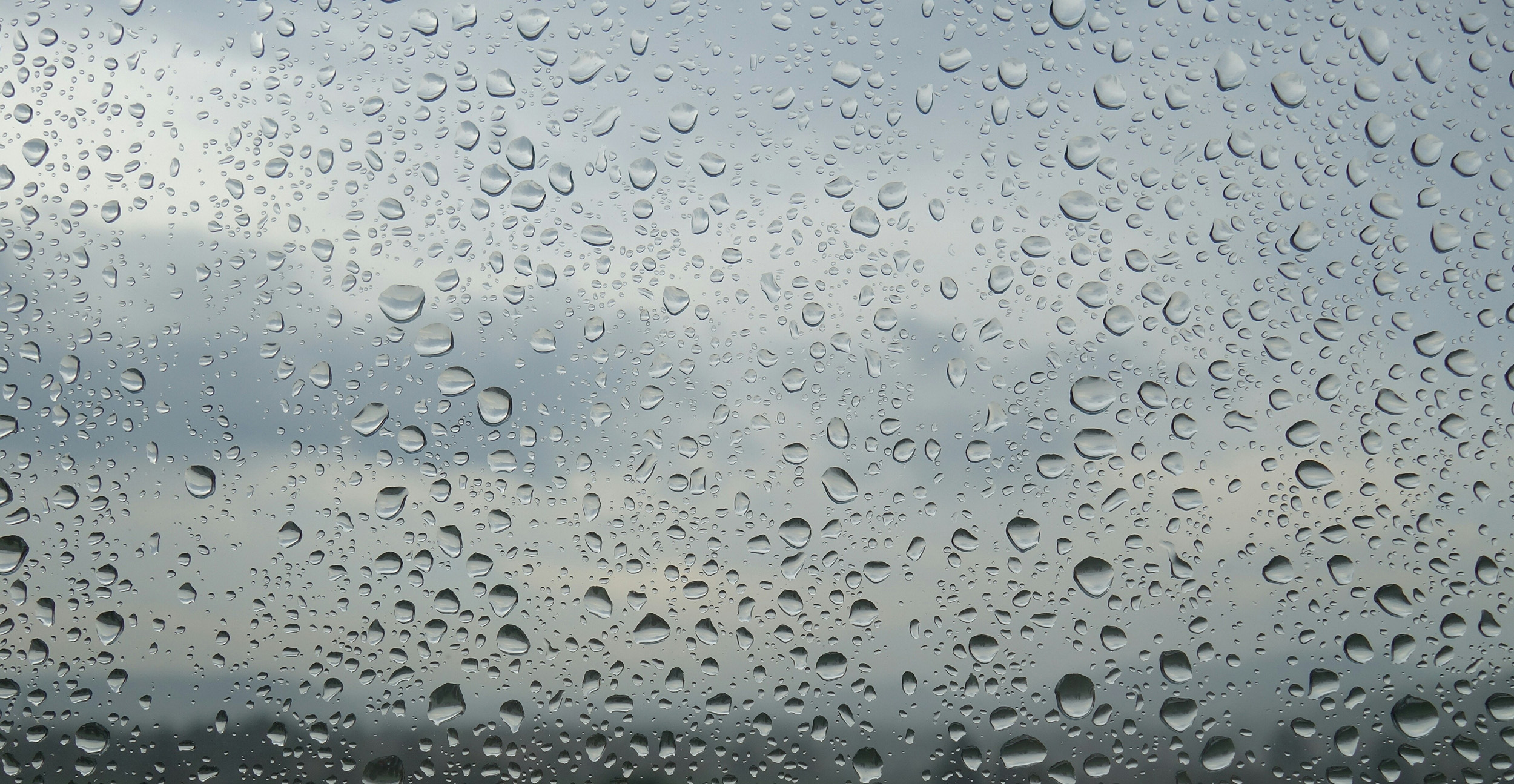Read our interview with Dragan Savic, Advizzo’s Hydroinformatics Adviser, to discover his thoughts on water conservation and consumption challenges across the EU and UK. As Chief Executive Officer at KWR Water Research Institute in the Netherlands, and Professor of Hydroinformatics at the University of Exeter, and with over 35 years experience in engineering, academia and research consultancy, Dragan is an international expert in smart water systems.
Extended podcast interview:
What are the biggest water conservation challenges that the UK and the EU face?
Water resources are under pressure from climate and population changes. The increasing frequency and magnitude of extreme droughts as well as scarcity conditions in the UK and on the continent indicate that freshwater resources per person are on the decline. There will be a need to save water and reduce per capita consumption even further, but that is becoming more difficult as various measures, like improvements in water infrastructure systems that have already decreased household water use by 16%, have largely been implemented already.
How are water utilities in the UK and EU currently performing towards water-saving/conservation goals?
Their performance has improved vastly over the last three decades. Substantial water savings have been achieved in Western Europe, with the daily water supply to households declining from 194 litres per person in 1990 to 152 litres per person in 2017.
Why is residential water conservation so important?
Fresh and clean (high quality) water and sanitation is absolutely essential for public health. Furthermore, it is an increasingly limited resource (under anthropogenic threat) and it is costly to protect, treat and deliver to each customer’s tap 24/7 at an affordable service price. Any improvement in water conservation will help prevent water shortages that could seriously affect public health in the future.
When it comes to water conservation where do you think gaps lie in the public’s awareness?
I believe there is a general lack of understanding of how our individual choices affect the provision of water services and our environment. The awareness of our own water usage is not very high in Europe and elsewhere. And that’s largely because in the West we enjoy a high level of service, with no interruptions or serious water quality incidents. That lulls us into believing that this will continue for the foreseeable future. Sadly this is not true. We need to stop wasting and start saving this precious resource. We’re currently using an average of 150 litres per person per day, whereas 50 litres is considered the daily minimum to meet basic human needs. We’ve got a long way to go to meet those levels of efficiency.
We know residential consumption will be a big part of the Net Zero carbon effort, do you see customer engagement as playing an important part?
I see customer engagement as absolutely critical to water conservation efforts. The technology is in place, but up until now water companies have had a very hands off, out-of-site out-of-mind approach. But, that needs to change and they need to improve engagement and customer awareness, to the levels that other service industries have reached. The technology is there. Smart metering is already a big thing and it will be almost universal by 2030, so utilities need to be utilizing data to understand how they are performing and what they need to do, and to help customers understand their usage and spend, and how and where they can make savings – and why those savings are so important.
What areas relating water saving and customer engagement is KWR currently researching?
I am excited about our work at KWR on water saving and customer engagement as this is essential for a sustainable supply of high-quality water to customers. We are currently conducting two experiments to assess the effectiveness of different strategies for engaging Dutch water users in water conservation – a study with 1500 participants focused on showering and another involving children focusing on watering the garden.
We have also started a new project related to an urban drought monitoring system by and for citizens using a citizen science approach. The idea is also to assess the effectiveness of irrigation/water gardening advice. And we have also commenced a new joint 3 year research project with the Dutch water utilities focusing on water availability.
Are there any findings or insights you can share?
The good news is, the number of customers willing to save water in the Netherlands has increased from 46% in 2018 to 69% in 2020, and similarly, concerns about future water availability are increasing. Changing water use habits is difficult and to facilitate this change there are four main courses of action: (i) behavioral change, (ii) economic measures (e.g. peak pricing), (iii) technical measures (i.e. water saving shower heads, smart meters), and (iv) legal measures (prohibit certain uses of water during peak days).
Given Advizzo’s own research and expertise in this area, do you see any opportunities for collaboration with KWR?
I see many opportunities for KWR to collaborate with a leading organization working with utilities to better utilize their data, provide insights on consumption, add intelligence and bring behavioral science closer to practice. At KWR we are involved in various research projects that could benefit from the collaboration with Advizzo and in particular with our research into client behavior and hydroinformatics. I’m sure there are other opportunities to collaborate and co-create innovation for utility industries.
Listen to the extended podcast interview:
